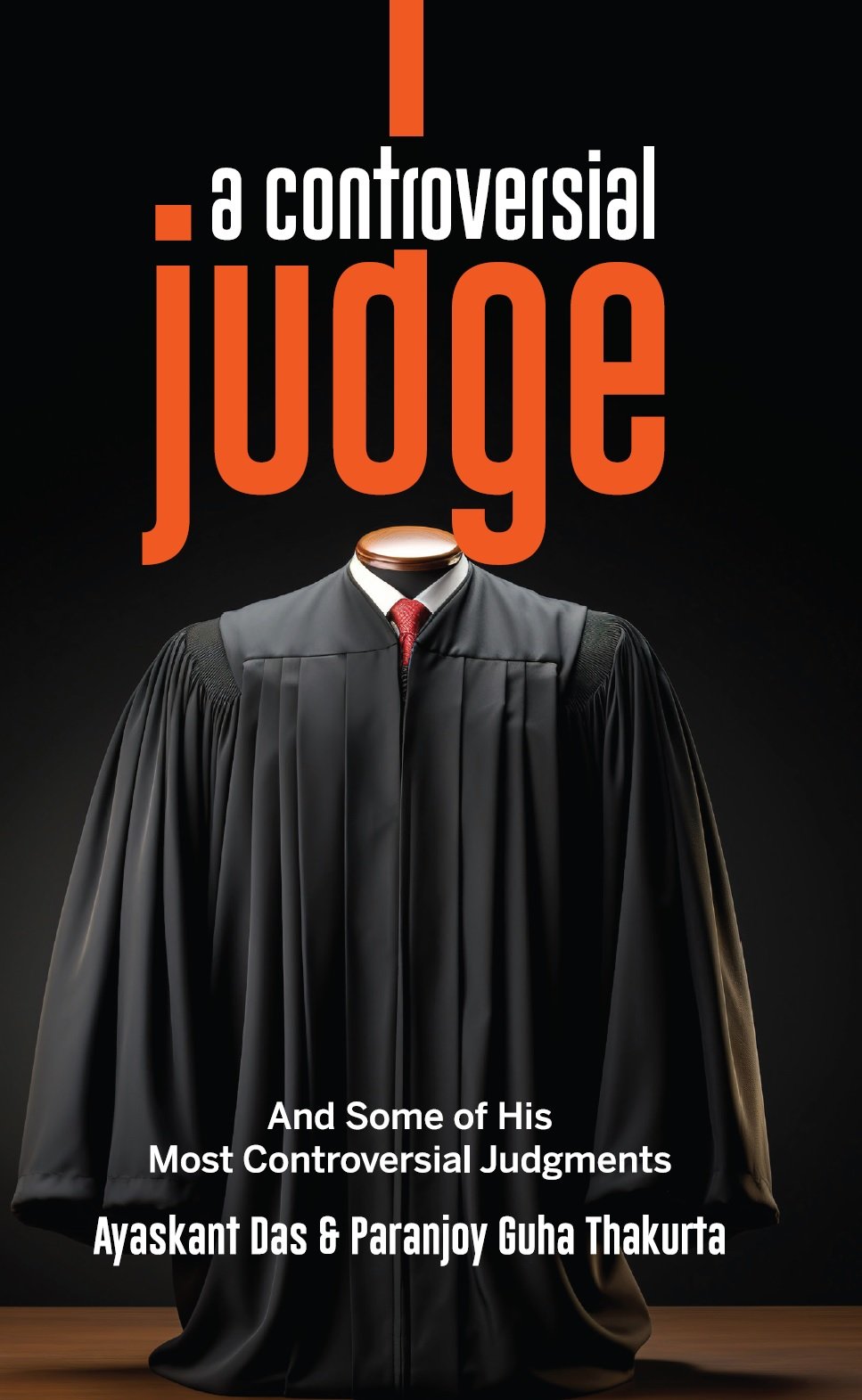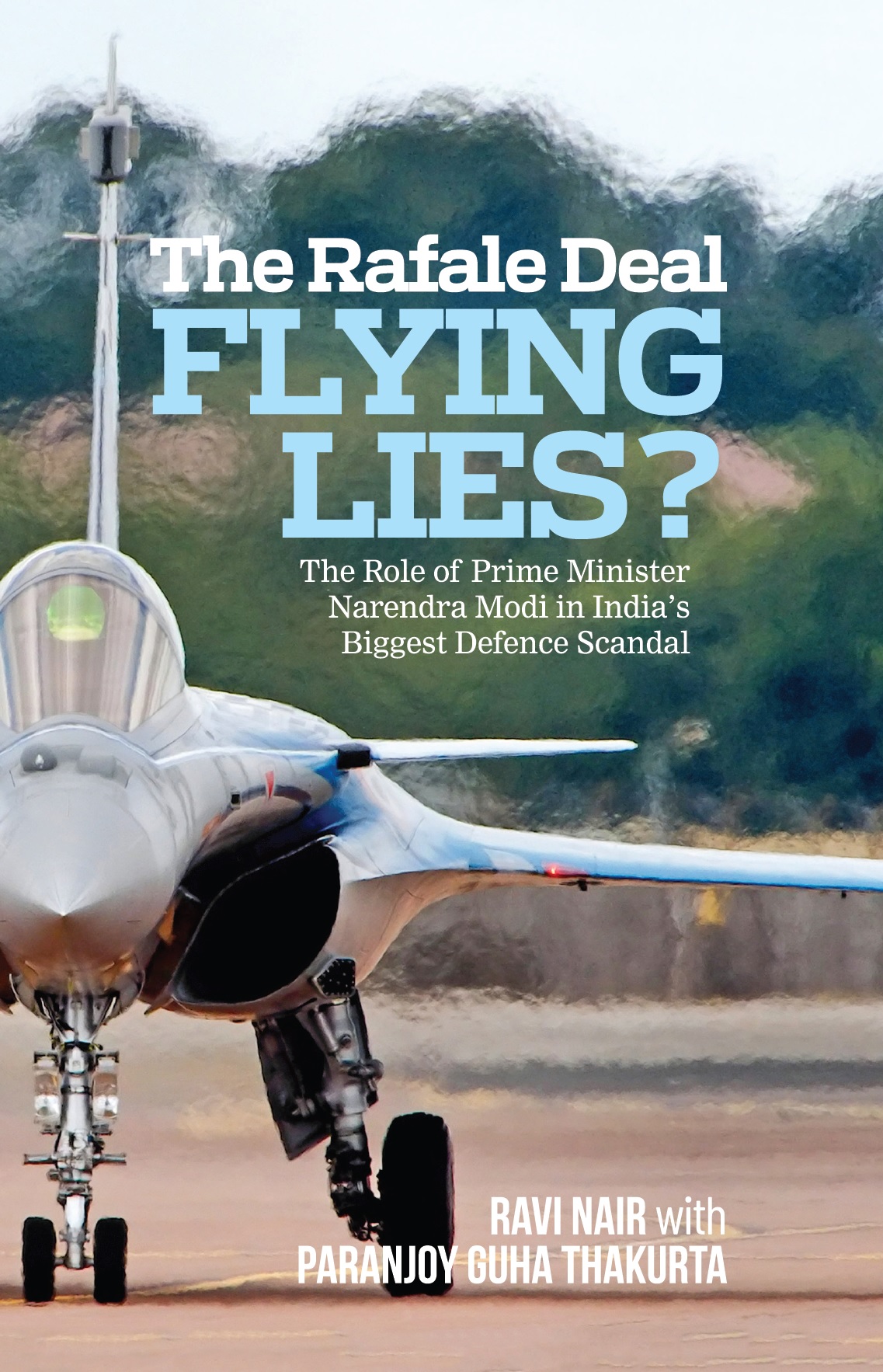Lalu Prasad Yadav is in jail. As is Rasheed Masood. Both have been disqualified as legislators. But are elected representatives now likely to be less brazen while participating in acts of corruption, even if the long arm of the law remains rather lengthy and the wheels of justice continue to grind excruciatingly slowly?
Is India’s political system becoming more transparent and hence, less corrupt?
One may be tempted to reply in the affirmative to both the questions raised in view of certain recent developments. It would, however, be prudent to be cautiously optimistic. The reason for caution is that the nexus between dirty politicians and unclean businesspersons, which is at the root of corruption in this country, won’t weaken in a hurry. Nor should one expect the Indian political system to get dramatically cleansed in a short period of time.
Black money will continue to play an important role in the funding of political parties and campaign expenditures of candidates seeking election. Since “investments” have been made in these candidates, once they get elected as MPs or MLAs and some become ministers, those who have spent money will naturally demand “returns”. Thus, contracts will be farmed out to the favoured few, rules bent, government systems manipulated and natural resources misallocated or deliberately under-priced — for the benefactors.
Facilitating these processes are pliable and corrupt bureaucrats. Among those who ensure the smooth flow of slush funds are criminals of various hues, including those who wear white collars. Once in a while there emerges a person in whom converges the nexus between crime, business and politics, such as Gali Janardhana Reddy, former minister in B.S. Yeddyurappa’s government in Karnataka who allegedly spearheaded illegal iron ore mining and who has already spent two years and a month behind bars.
Although many corrupt politicians have not suffered Mr Janardhana Reddy’s fate, the chances of them getting away scot-free are slowly but surely diminishing. Whereas sections of the media benefit from the ugly business-politics nexus or are even a part of it as the Nira Radia tapes indicate, there are journalists who remain antagonists and adversaries to those in positions of power.
This section of the media continues to expose abuse of discretionary authority by influential individuals. In turn, these journalists receive support not only thanks to the provisions of the Right to Information Act but also from some in government bodies like the offices of the Comptroller and Auditor General of India and the Central Vigilance Commission. Besides, there are honest officers in law-enforcing agencies such as the Central Bureau of Investigation, the Enforcement Directorate and different wings in the ministry of finance and other ministries and government departments, who leak important information to journalists.
At the same time, it must be emphasised that honesty is not exactly at a premium in contemporary India, be it in politics, business, the bureaucracy, the judiciary or the media. Those who refuse to compromise with graft and greed are usually in a small minority. Those who choose to walk the straight and narrow path are often mocked for their “stupidity”. But this honest minority thankfully exists in all walks of life in India at present.
In this context, it is worth noting some progressive steps for which no thanks are to be given to either politicians or the executive controlled by them. Credit for whatever positive new initiatives that are under way go largely to a proactive judiciary, civil society and a few organs of the state that still remain largely autonomous and independent, including the Election Commission of India.
Congress vice-president Rahul Gandhi may have suddenly woken up to the damage that would be inflicted on the already-battered image of his government if it persisted with promulgating the ordinance to overturn a July 10 judgment of the Supreme Court of India mandating the disqualification of convicted legislators. His supporters sought to interpret his move as an endeavour to make the government accede to growing public opinion which is opposed to leniency being shown towards lawmakers who became law-breakers, even if the position of the Prime Minister was undermined in the process.
The point to note is that the criminal cases against former Bihar chief ministers Lalu Prasad Yadav and Jagannath Mishra are 17-years-old, while the one against former Congress MP in the Rajya Sabha, Rasheed Masood, dates back to 1990. All of them were considered “dispensable” to the ruling coalition. Realpolitik prevailed. The Congress and the Janata Dal (United) led by Nitish Kumar are cosying up to each other on Bihar and Mr Gandhi wanted to steal a bit of the thunder from Narendra Modi, the prime ministerial candidate of the Bharatiya Janata Party.
Whether Mr Gandhi will be able to refurbish his party’s sullied image remains to be seen, but one should not become excessively cynical about the country’s ability to rejuvenate moribund and corrupt systems or, for that matter, clean the mess from its roots by changing norms of political funding.
As research done by the Association of Democratic Reforms (ADR) has found, roughly three-fourths of the funds “officially” raised by six national parties — Congress, BJP, Nationalist Congress Party, Bahujan Samaj Party and the two large Communist parties — were from “anonymous” sources. The Election Commission has circulated draft guidelines that will make it mandatory for all recognised political parties to maintain details of every donor/donation, irrespective of the amount, even if it has been raised through sale of coupons.
Currently, much of the funds raised by political parties cannot be traced to any individual or organisation and they are not required to identify donors who have contributed less than `20,000. The Aam Aadmi Party is an exception; it has identified on its website each person/organisation who has contributed to, howsoever small, their `11 crore kitty.
The financial statements submitted to the Election Commission and the income-tax returns filed by them reveal fund collections that are almost certainly the proverbial tip of the iceberg. According to the ADR, between 2004-05 and 2011-12, the amount raised by the Congress was `2,365 crore, while that raised by the BJP was `1,004 crore — piffling by today’s standards.
Only a few political parties (none of them “national” political parties) have responded to the Election Commission’s circular.
However, given the current mood prevailing, it seems unlikely that most political parties will raise objections to what has been suggested. This is a good sign. The new guidelines, if implemented, will be a small step forward even if the system does not get radically altered.


